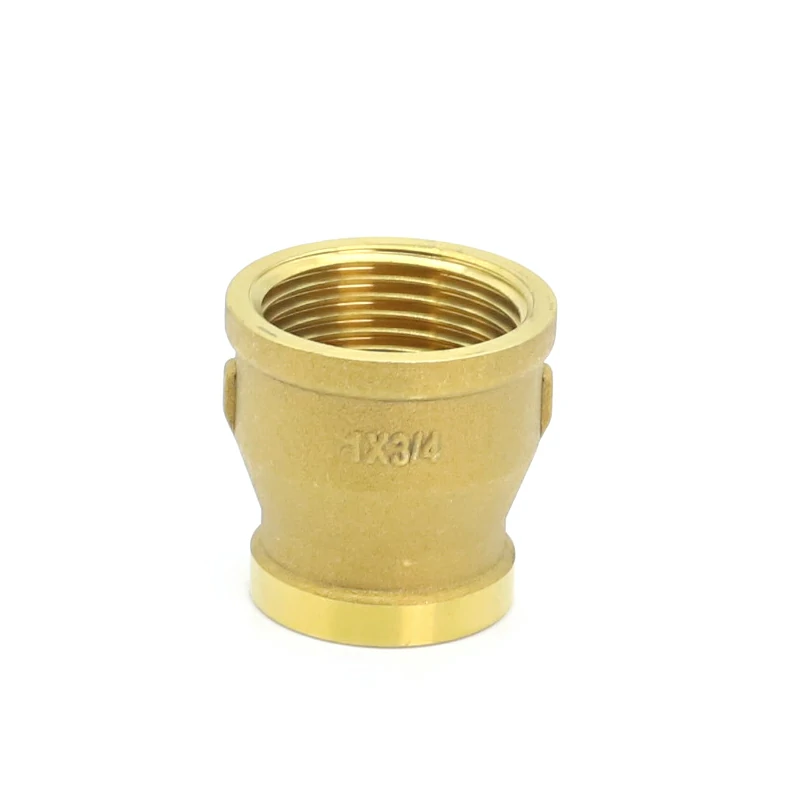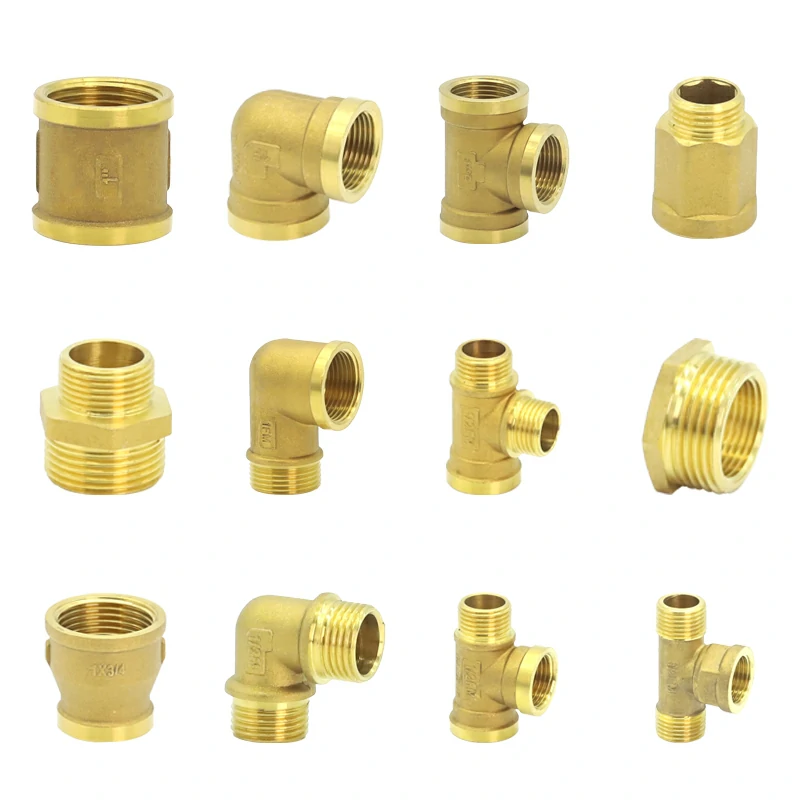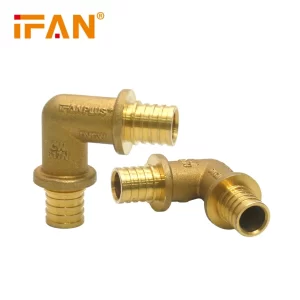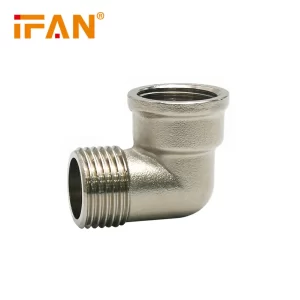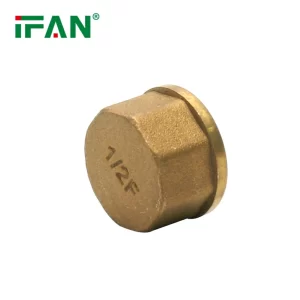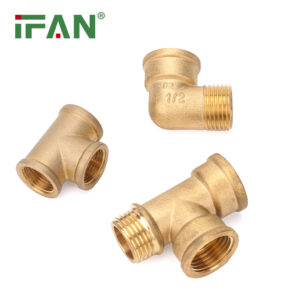Description
Introduction
Brass fitting sockets are essential components in industrial pipeline systems, offering reliable connections and adaptability in a wide range of applications. Their durability, corrosion resistance, and ease of installation make them a popular choice for connecting pipes, hoses, and other fluid-carrying elements. This article delves into the specifics of brass fitting sockets, highlighting their applications, key features, and advantages in industrial settings.
Material Properties and Durability
Brass fitting sockets are primarily made of brass, a metal alloy composed of copper and zinc. Brass is renowned for its strength, corrosion resistance, and machinability, making it ideal for use in harsh industrial environments. The material’s resistance to oxidation and various chemicals ensures that brass fitting sockets maintain their integrity over extended periods, even when exposed to aggressive fluids or extreme temperatures. This durability is crucial for maintaining the integrity of the pipeline system and preventing leaks or failures.
Design and Functionality
Brass fitting sockets are designed to provide a secure, leak-proof connection between pipes and other components. They typically feature a female threaded socket that accepts a mating male pipe thread or fitting. The threads are precision-cut to ensure a tight fit and optimal sealing performance. In addition, brass fitting sockets often incorporate seals or gaskets made of materials such as PTFE or nitrile rubber, further enhancing their sealing capabilities. This design allows for quick and easy installation, reducing downtime and labor costs during maintenance or modification of pipeline systems.
Applications in Industrial Pipeline Systems
Brass fitting sockets find widespread use in various industrial sectors, including but not limited to oil and gas, chemicals, power generation, and water treatment. In oil and gas applications, they are used to connect pipes carrying hydrocarbons, ensuring safe and reliable fluid transfer. The chemicals industry relies on brass fitting sockets to handle corrosive media, thanks to their corrosion-resistant properties. Power generation plants employ them in steam lines, while water treatment facilities use them for connecting pipes in filtration, purification, and distribution systems.
Advantages and Benefits
The use of brass fitting sockets in industrial pipeline systems offers several advantages and benefits. Firstly, their durability and corrosion resistance ensure long-term reliability and reduced maintenance costs. Secondly, their ease of installation and removal facilitates quick and efficient modifications to pipeline systems. Furthermore, brass fitting sockets are cost-effective, offering a practical solution for a wide range of industrial applications. Additionally, their compatibility with various pipe materials and fluids expands their versatility and applicability in diverse industrial settings.
Conclusion
In conclusion, brass fitting sockets are vital components in industrial pipeline systems, providing reliable connections and adaptability in a wide range of applications. Their material properties, design, and functionality make them an ideal choice for connecting pipes, hoses, and other fluid-carrying elements in harsh industrial environments. By leveraging the advantages and benefits of brass fitting sockets, industrial operations can ensure efficient fluid transfer, reduce downtime, and maintain the integrity of their pipeline systems.
Related products


